At What Age Can you Get Better Results from a Hair Transplant?
Facial Plastic Surgery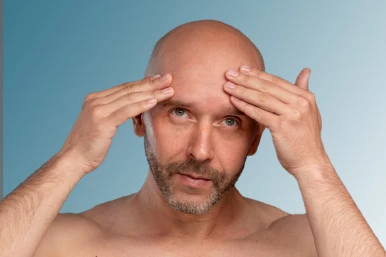
Hair loss can be challenging, impacting one’s appearance, self-esteem, and confidence. Hair transplant procedures like FUE and FUT have become popular options as more individuals seek solutions to combat thinning hair or baldness. However, a common question arises: What is the best age to undergo a hair transplant? Understanding the ideal timing for this procedure is crucial, as it can significantly influence the results and overall satisfaction with the treatment.
This article will explore the factors influencing the optimal age for a hair transplant and the considerations one should make. Knowing when to take action can ensure a successful and fulfilling outcome, whether you're in your early twenties or approaching middle age.
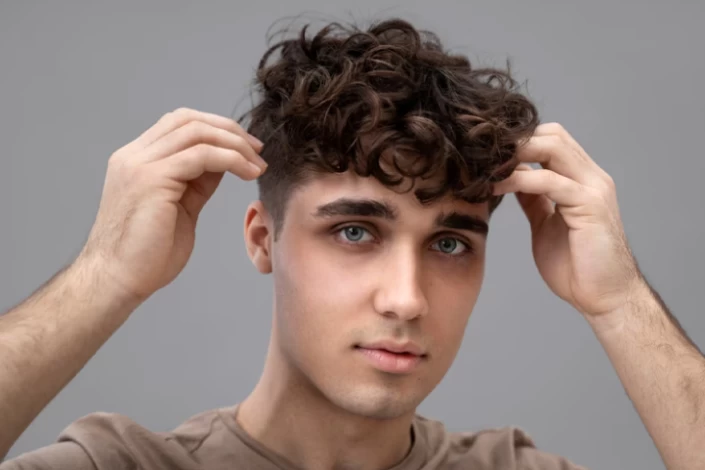
The Ideal Age for Hair Transplant
When considering a hair transplant, pinpointing the best age is crucial for maximizing the procedure's effectiveness and ensuring natural-looking, long-lasting results. The timing of a hair transplant plays a pivotal role, primarily due to the progression and stability of hair loss over time. Age not only affects the nature of hair loss but also influences the recovery process and the overall success rate of the transplant.
The best age for hair transplant typically falls within a broad range, often suggested to be between 30 and 60 years old. This recommendation stems from the understanding that, by the age of 30, hair loss patterns tend to be more predictable, allowing surgeons to craft a more effective and enduring hair restoration strategy. However, exceptions exist, especially for those who have experienced early onset of hair loss and clearly understand their hair loss trajectory.
Hair Loss at a Young Age
Hair loss can be unsettling for anyone, but it poses unique challenges for younger individuals. Unlike hair thinning or balding later in life, early signs often emerge before age 30 due to a complex interplay of genetics, lifestyle choices, and even stress. Recognizing these early indicators, such as a receding hairline, noticeable thinning around the crown, or even sudden shedding, is crucial for those considering hair transplant procedures. Understanding the factors leading to hair growth and loss in younger people helps in hair transplant decision factors.
Genetic Factors and Early Onset Hair Loss
Genetics plays a significant role in early-onset hair loss. If a family history of baldness exists, especially on the maternal side, there's a higher probability of inheriting androgenetic alopecia or male/female pattern baldness. This hair loss often manifests before age 30, starting with a receding hairline or thinning at the crown. The hair transplant success rates vary with genetics and are higher for candidates who respond well to initial hair loss treatments. Identifying hair growth and loss patterns due to genetics can shape hair transplant outcomes and strategies.
Stress and hair loss
Stress is another key factor that affects hair health, sometimes leading to temporary but substantial hair loss. Telogen effluvium, a condition in which hair enters the shedding phase prematurely, is often triggered by high stress, illness, or sudden lifestyle changes. Poor nutrition, smoking, and lack of exercise can exacerbate hair loss in young adults. Such lifestyle factors may accelerate or worsen hair loss despite genetic predispositions. Recognizing these influences helps tailor hair transplant recovery strategies and reduce future hair growth and loss.
Hair Growth and Loss Dynamics
Myriad factors influence hair growth and loss dynamics, making understanding these elements essential before proceeding with a hair transplant.
- Factors affecting hair growth and loss: The speed at which hair grows and the patterns of hair loss vary significantly from one individual to another, influenced by diet, health, environmental factors, and, most importantly, genetics. The average hair growth rate is about half an inch per month, but this can be affected by age, nutrition, and health status.
- Genetics in hair loss: Genetics plays a dominant role in determining the likelihood, pattern, and pace of hair loss. Androgenetic alopecia, or common male pattern baldness, is a hereditary condition affecting many men and women, dictating the severity and progression of hair loss over time.
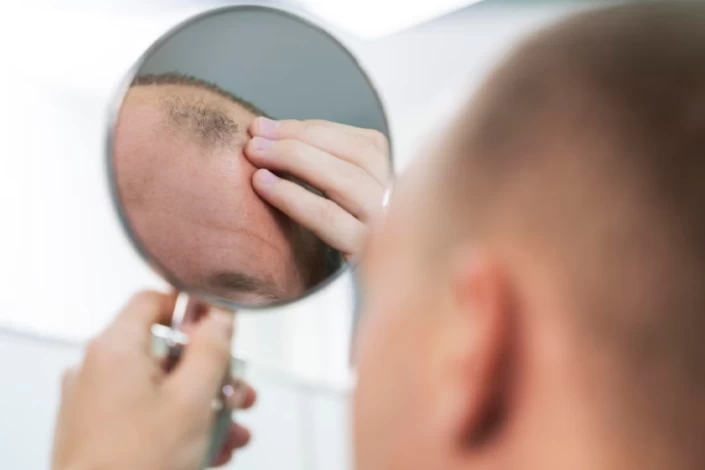
Assessing Hair Loss Stability
Determining the stability of your hair loss is crucial for optimally timing your transplant. A stable hair loss pattern provides a solid foundation for planning an effective hair restoration strategy, ensuring the results will be as enduring as possible.
The assessment involves thoroughly examining your hair loss history, current hair loss rate, and family history of hair loss. Specialists often look for signs that the hair loss has reached a plateau and is no longer progressing rapidly. This stability usually becomes more apparent in the late 20s to early 30s, making this age range ideal for many seeking a hair transplant. However, every individual's hair loss journey is unique, and consultations with experienced hair transplant specialists are essential to make informed decisions.
Key Factors Influencing Hair Transplant Success
Several critical factors beyond the procedure influence the journey to achieving a successful hair transplant. Understanding these elements can significantly enhance the effectiveness and longevity of the results. The success of a hair transplant is not solely dependent on the surgeon's skill or the advanced technique used; it also hinges on the patient's genetics, lifestyle, and the specific hair transplant procedure chosen.
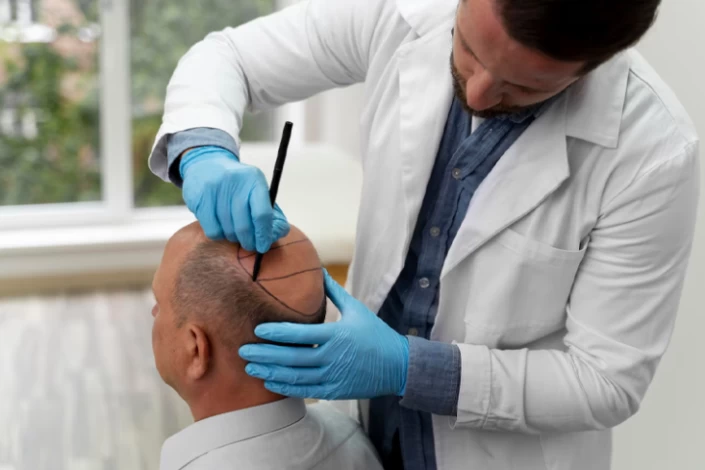
Genetics and Hair Transplant Suitability
Your genetic makeup plays a foundational role in determining the pattern and progression of hair loss and the potential success of a hair transplant. Genetics influence the quality and density of the donor hair available for transplantation, which are key determinants of the procedure's outcome. For individuals with a strong family history of hair loss, particularly those patterns classified under androgenetic alopecia, the approach to hair transplantation might need to be more strategic to ensure lasting success rates.
Moreover, genetics can also dictate the healing process and how well the transplanted hair will adapt to its new location. Some individuals may have a genetic predisposition that promotes robust hair growth and excellent recovery post-transplant, enhancing the overall outcomes of the procedure.
The Impact of Lifestyle on Results
Lifestyle factors play a significant role in the health of your hair before and after a transplant. They can either complement the hair transplant recovery process or hinder the success rates of the procedure:
- Diet and nutrition: A balanced diet rich in vitamins, minerals, and proteins supports hair health, encouraging more substantial growth of existing and transplanted hair. Nutrients like vitamin E, omega-3 fatty acids, and antioxidants can particularly enhance hair strength and longevity.
- Stress levels: High stress can lead to telogen effluvium, where hair may fall out more quickly. Managing stress through techniques like meditation, regular exercise, and adequate sleep can improve the outcomes of a hair transplant.
- Smoking and alcohol consumption: Smoking restricts blood flow to the scalp, which can compromise the healing of hair grafts. Similarly, excessive alcohol consumption can hinder the recovery process. Reducing or eliminating these habits can significantly improve the effectiveness of a hair transplant.
Conclusion
Determining the best age for a hair transplant is not a one-size-fits-all decision. It requires careful consideration of individual circumstances, including the extent of hair loss, overall health, and personal goals. While many experts suggest that people in their late 20s to early 30s may be ideal candidates, the decision ultimately comes down to a thorough consultation with a qualified specialist.
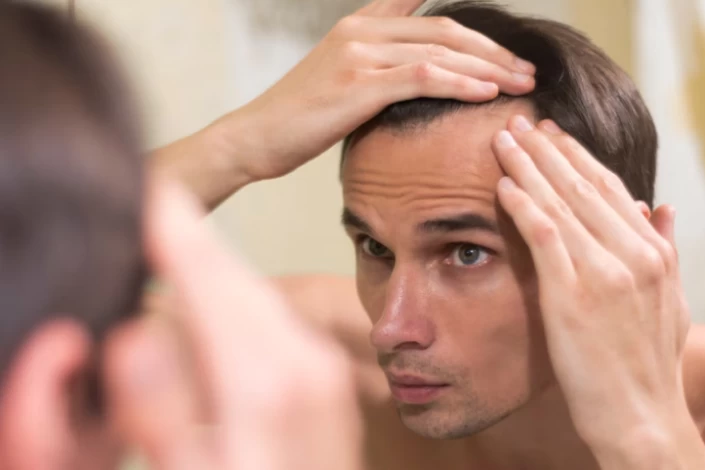
FAQs About Best Age for Hair Transplant
1) What factors influence the best age for a hair transplant?
The best age for a hair transplant depends on various factors, including overall health, lifestyle choices, and the severity of hair loss. Typically, doctors suggest that candidates be at least 25 years old. However, personal health issues and lifestyle factors such as smoking or excessive alcohol consumption can impact eligibility for the procedure.
2) What's the ideal age for a hair transplant?
There's no one-size-fits-all answer, but most recommend waiting until your mid-20s to 30s. Your hair loss pattern usually stabilizes by then, ensuring a natural-looking result.
3) Is it ever too late for a hair transplant?
There is no age limit for hair transplants. With advancements in non-invasive FUE techniques, people in good health can undergo the procedure at any age.
4) What is the ideal age for a hair transplant?
The ideal age varies, but many experts suggest that individuals between 25 and 65 are good candidates, as they typically have stable hair loss patterns.
5) How does age affect hair transplant results?
Younger patients may have more donor hair available, while older patients might experience further hair loss post-surgery, affecting long-term results.
6) Can I have a hair transplant if I’m experiencing early signs of hair loss?
Yes, but it’s essential to consult with a specialist to determine if your hair loss pattern is stable enough for a transplant.
7) Are there different techniques recommended for different ages?
Techniques like FUE (Follicular Unit Extraction) are popular across age groups, but the approach may vary based on individual needs and conditions.
8) What are the risks of getting a hair transplant at an older age?
Older patients may face higher surgical risks and slower recovery times, so thorough medical evaluations are crucial.
9) Why is it essential to consult a hair transplant expert?
Consulting an expert is vital for assessing your suitability for the procedure, identifying the most effective technique, and setting realistic expectations. These professionals customize their advice based on age, hair loss patterns, and personal objectives to ensure the best possible results.
10) I'm in my 20s and losing hair. Is a transplant right for me?
Maybe! Talk to a doctor. Early hair loss can be linked to underlying conditions, and addressing those might be the best first step. Plus, your hair loss pattern may change.
11) What if I'm older than 50? Is it too late for a transplant?
Not necessarily! Age isn't a barrier as long as you're healthy and have good donor hair. Discuss your options with a qualified hair restoration specialist.
12) Are there any risks to consider with hair transplants?
As with any surgery, there are potential risks, such as infection or scarring. Discuss these thoroughly with your doctor and choose a board-certified surgeon for optimal safety.
 WhatsApp
WhatsApp
 Telegram
Telegram
 Facebook
Facebook
 Email
Email

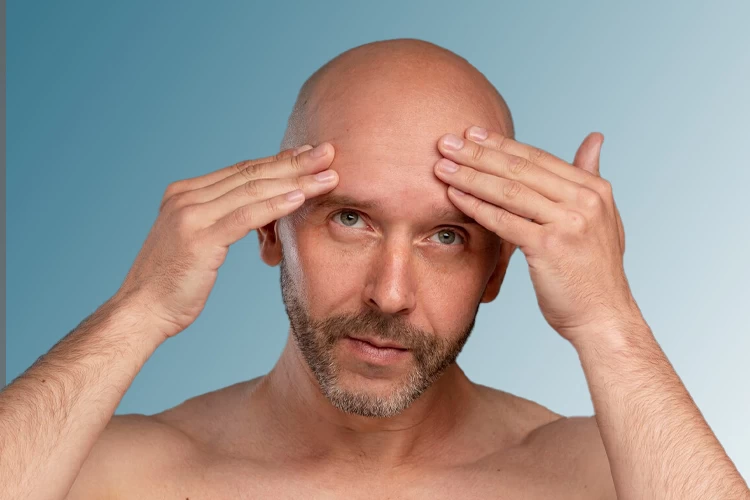
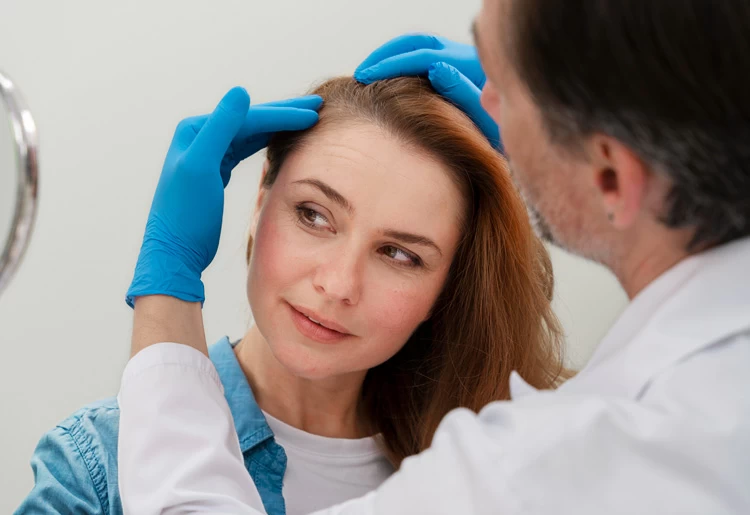

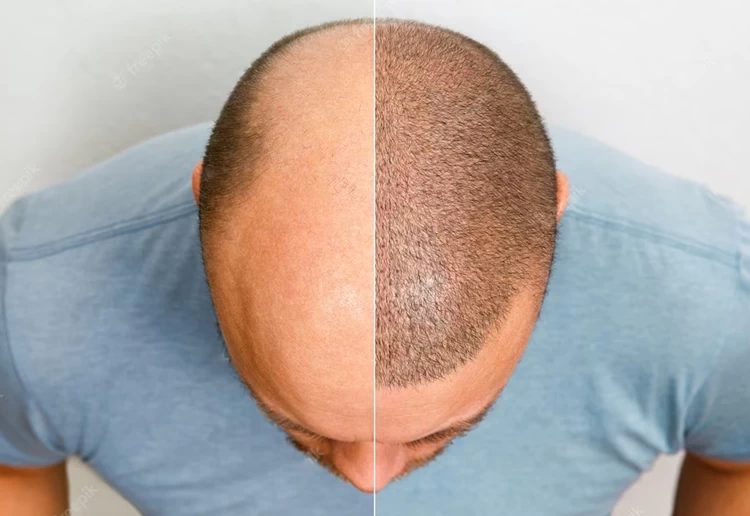
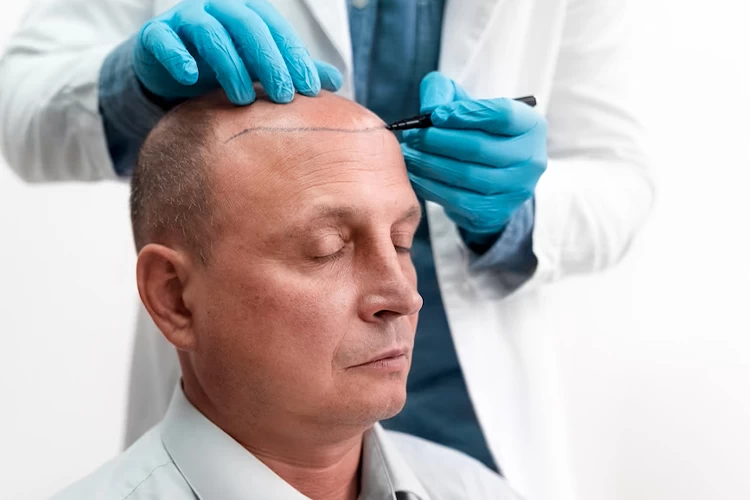
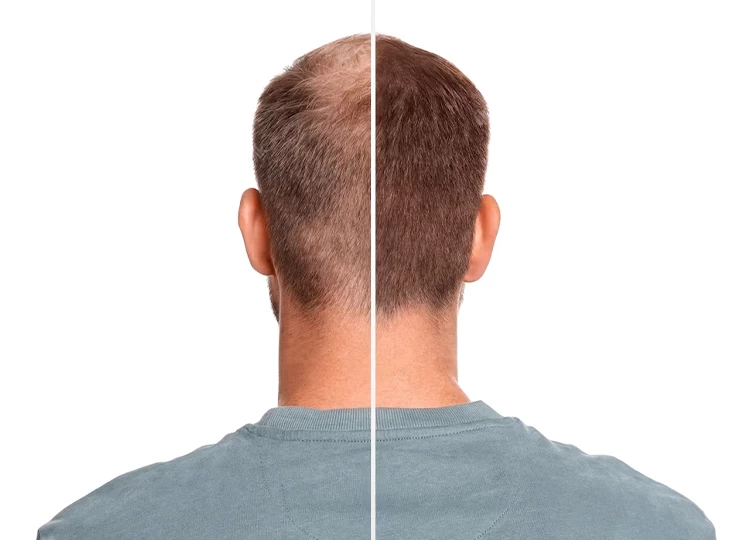
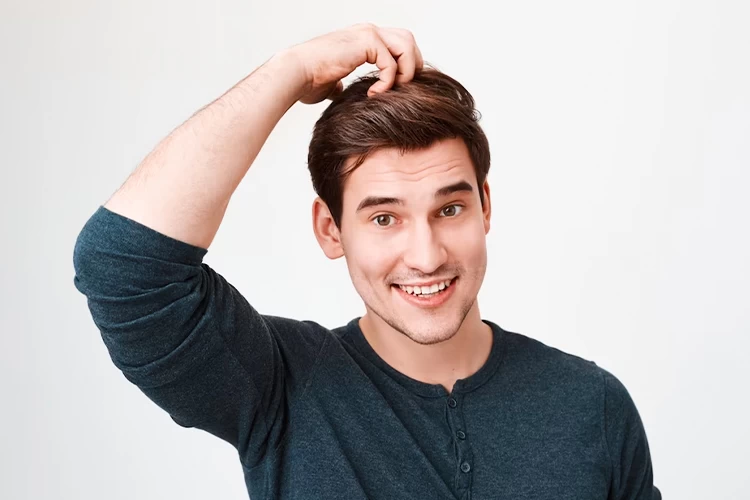

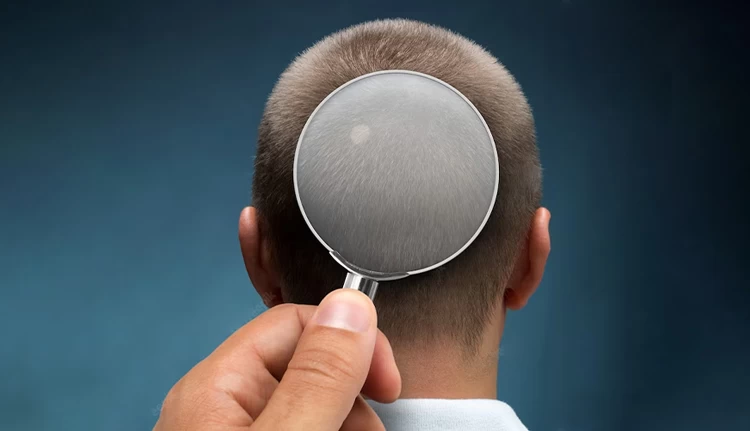
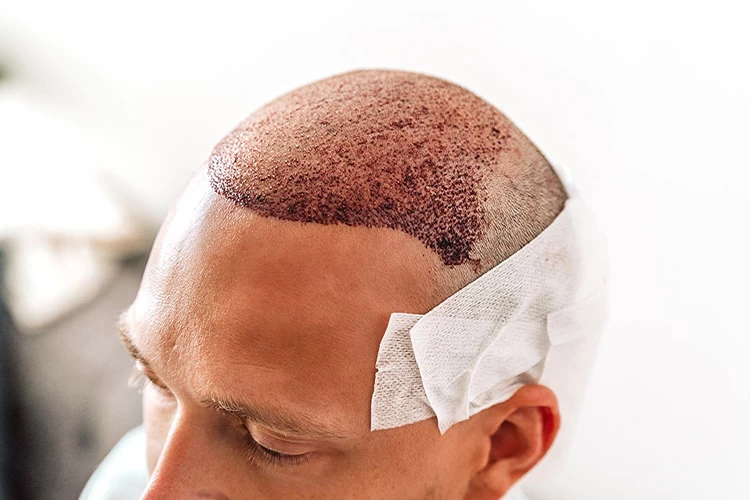
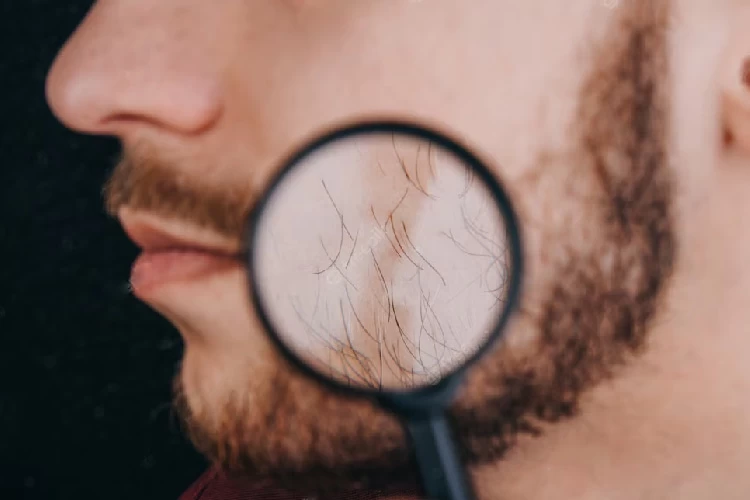
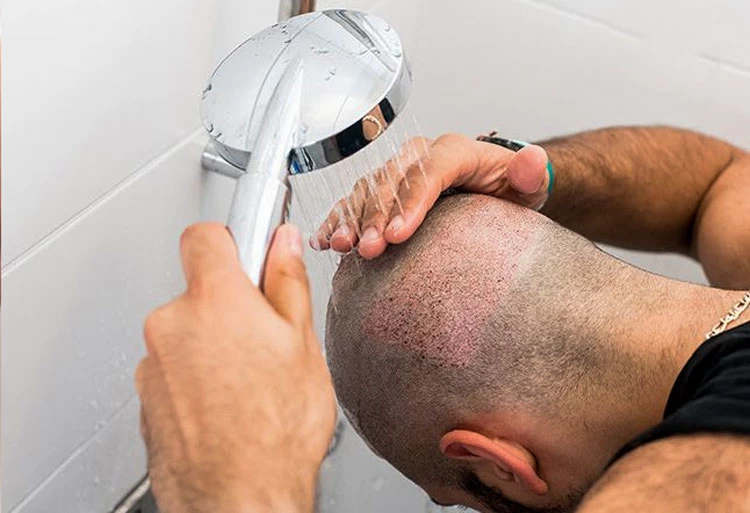

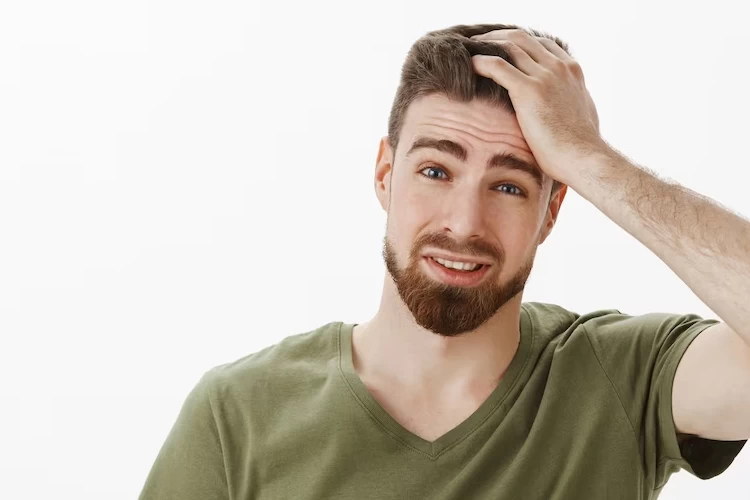
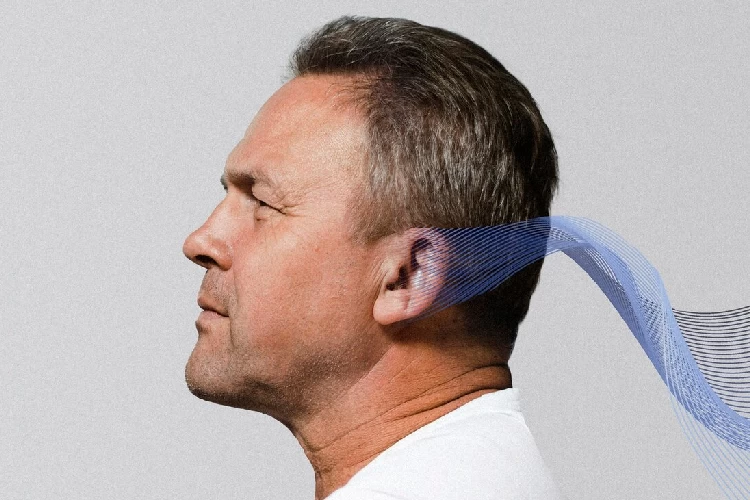

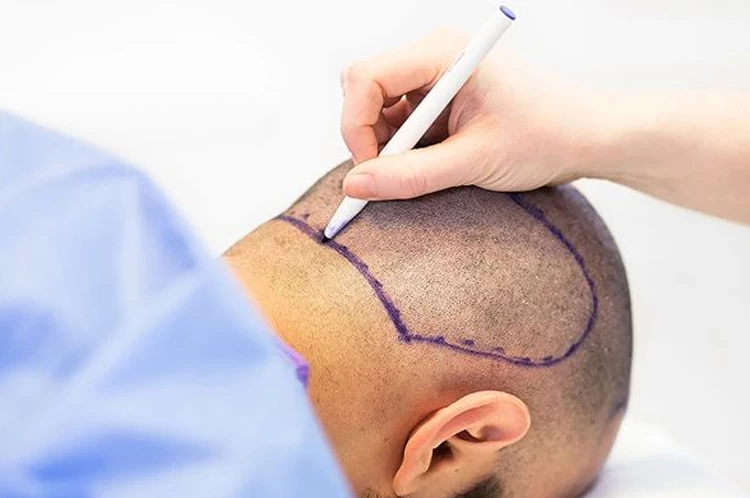
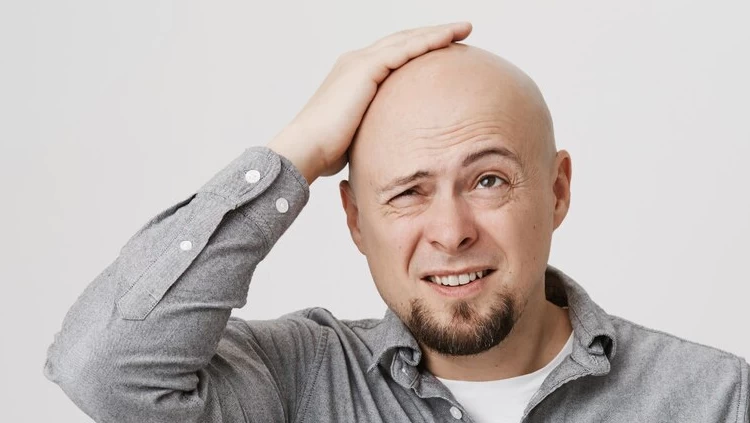
No reviews
Your comment